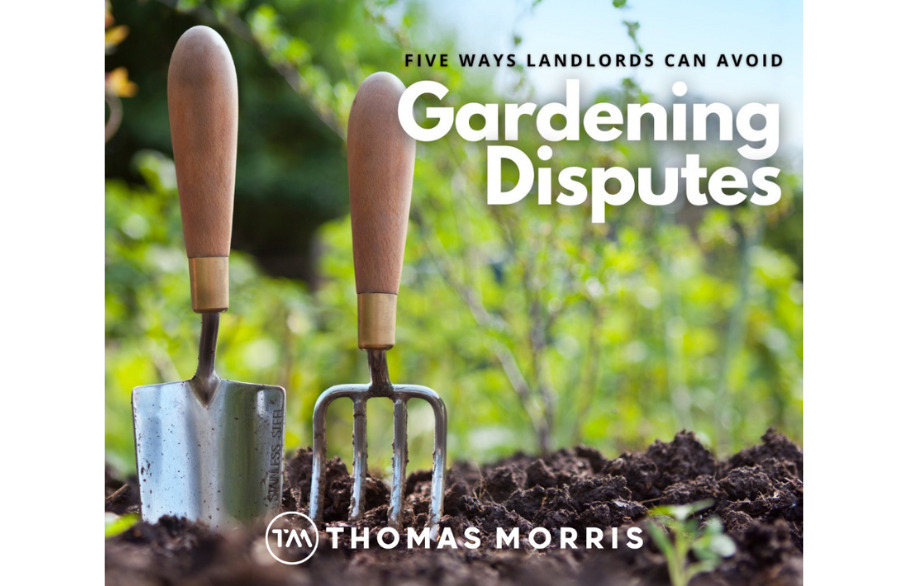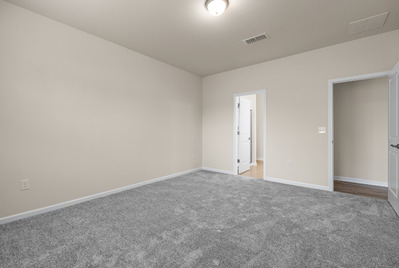Five ways landlords can avoid gardening disputes

Properties with gardens are highly sought after by renters, which is good news if you’re a landlord trying to attract good-quality tenants.
However, what can be an asset at the start of a tenancy can later become the source of disagreement.
With garden maintenance the cause of a quarter of all end-of-tenancy disputes, it’s an issue requiring careful management.
Ensure you get it right by following these tips.
- Keep it simple
Plant low-maintenance shrubs. While the tenant will most likely be responsible for tending to them (the standard expectation in most contracts*), it’s best to make life easier for everyone by avoiding fast-growing plants like bamboo and Creeping Jenny.
- Good presentation
Ensure the garden is in tip-top shape at the start of a tenancy – this will set the tone for what’s expected—weed, mow and clear out the gutters.
- Get it in writing
The rental contract should explain each party’s responsibilities. However, as a general rule, tenants should leave the garden in the same condition at the end of a tenancy as it was when they moved in. Typically, jobs like removing rubbish, raking and watering fall to them, while the landlord is responsible for structural issues, such as fences, paths and walls.
- Keep a record
Detail the state of the garden in the check-in report so that you and your tenant have something to refer to if there’s any confusion.
- Inspections
Don’t overlook the garden during periodic inspections. If you spot a problem – such as a build-up of rubbish or a mountain of weeds – you can raise it early.
If you’re looking to rent out a property, contact us today.
*This article does not constitute any form of legal advice. For professional advice about your specific circumstances, contact a qualified solicitor.






